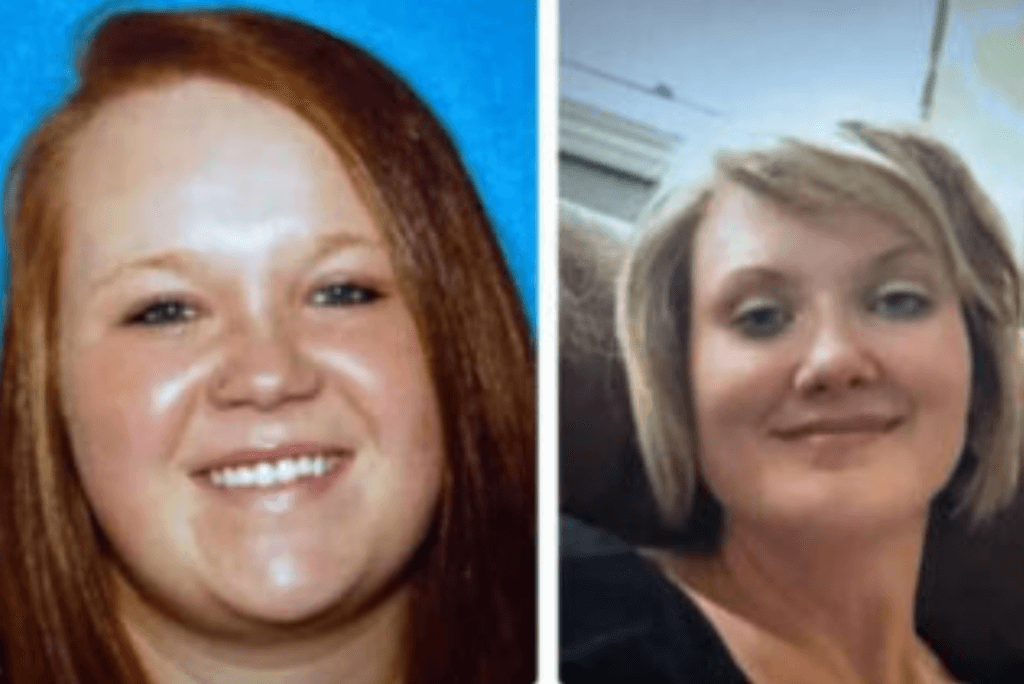A ruling by the Florida Supreme Court on Thursday significantly limited a lawsuit brought against Jews for Jesus by a Jewish woman who said the organization falsely reported her conversion experience in a ministry newsletter that also appeared on the Internet.
The Florida high court ruled that state law does not recognize “false light invasion of privacy” as a cause for legal action in the case that disputed the validity of a West Palm Beach woman’s salvation testimony.
“We conclude that false light is largely duplicative of existing torts but without the attendant protections of the First Amendment,” wrote Justice Barbara Pariente for the 5-0 majority in Jews for Jesus v. Edith Rapp. Two justices did not participate.
The case stems from a lawsuit Edith Rapp filed after her husband’s death in 2003. Her stepson is a Jews for Jesus missionary, and after a visit with his terminally ill father he wrote in an organization newsletter that he had persuaded his Jewish stepmother to pray with him, ask for forgiveness and accept Jesus.
The newsletter also appeared on the Internet. “Pray for Edie’s faith to grow and be strengthened,” he wrote. “And please pray for my father Marty’s salvation.”
Rapp denied the events ever took place and said she and her husband were traditional Jews opposed to his son’s involvement in Jews for Jesus. She accused the organization of falsely portraying her as a convert and doing so without permission. She alleged false light invasion of privacy, defamation and intentional infliction of emotional distress.
A lower court dismissed her claims, but Rapp appealed, and the appeals court asked the Florida Supreme Court to rule on whether false light is recognized in Florida. Because the court rejected false light but four of the five justices agreed to quash the lower court’s dismissal of Rapp’s defamation claim, the case will return to the appeals court for further proceedings.
Mathew D. Staver, founder of Liberty Counsel, which is representing Jews for Jesus, called the ruling “a landmark decision for free speech.”
“The First Amendment needs breathing room,” said Staver, who is also dean of the Liberty University School of Law. “False light invasion of privacy claims choke the First Amendment. To remain alive and well, speech needs to be free and robust. To allow one person to silence another, merely because truthful words offend, would result in no freedom at all.”
Although Rapp’s defamation claim is back in play, Staver said he is confident his client will prevail. He argues that Rapp’s attorney can’t prove that she never made those statements to her stepson or that her character and reputation were damaged as a result of the comments published in the newsletter.
See an error in this article?
To contact us or to submit an article






















